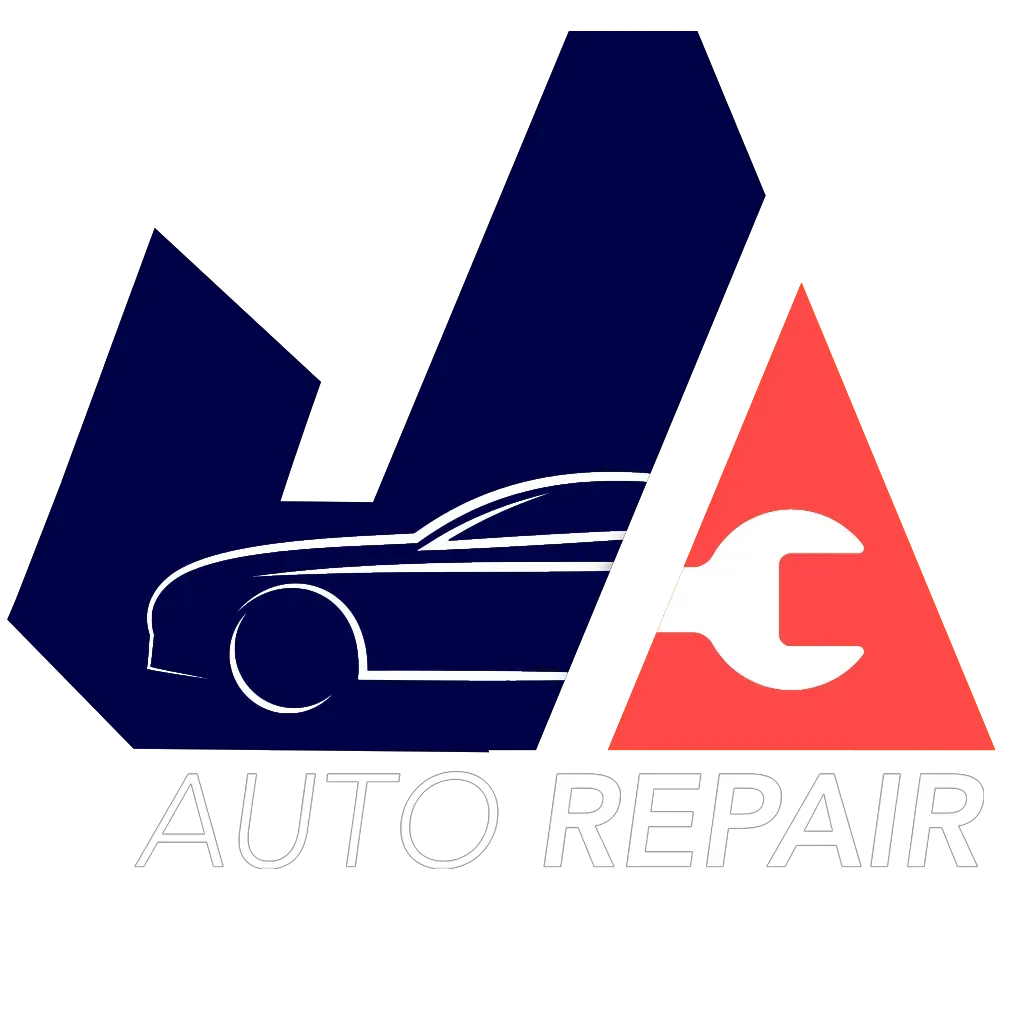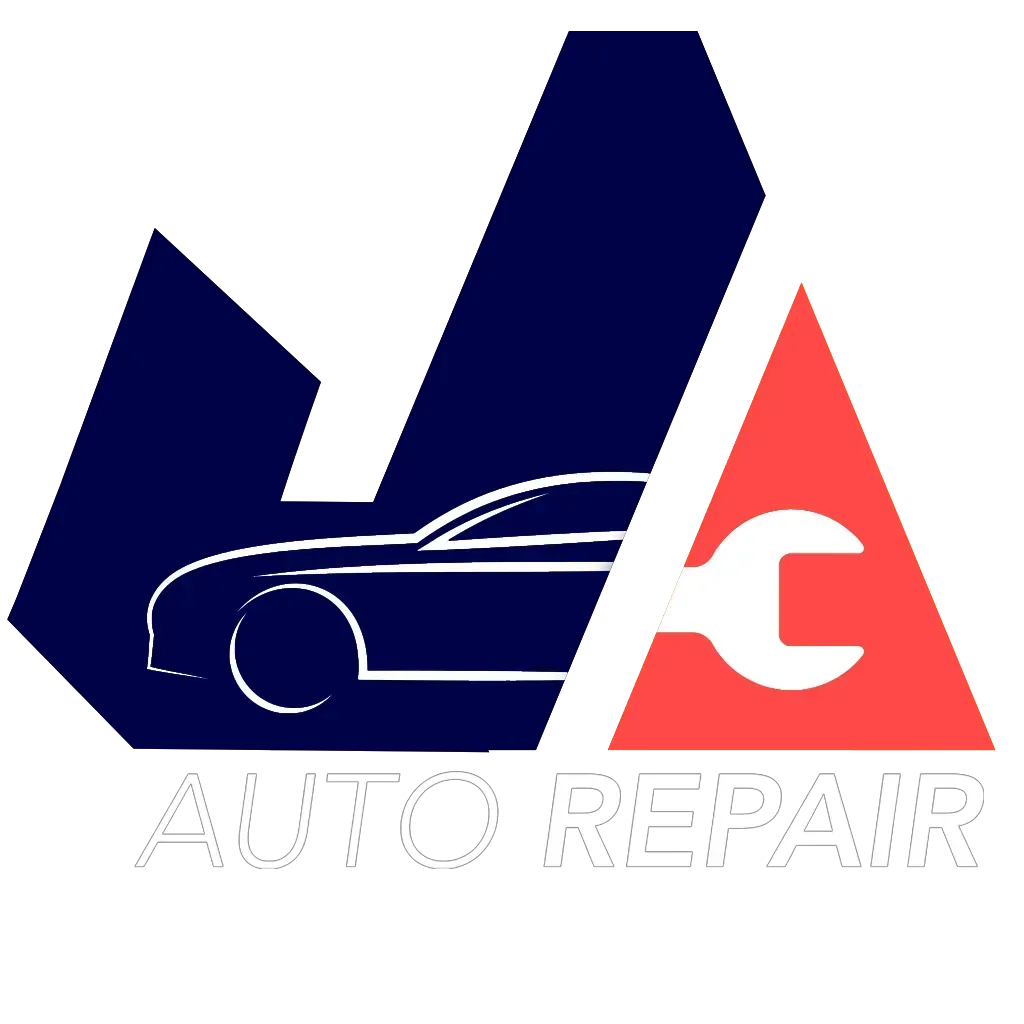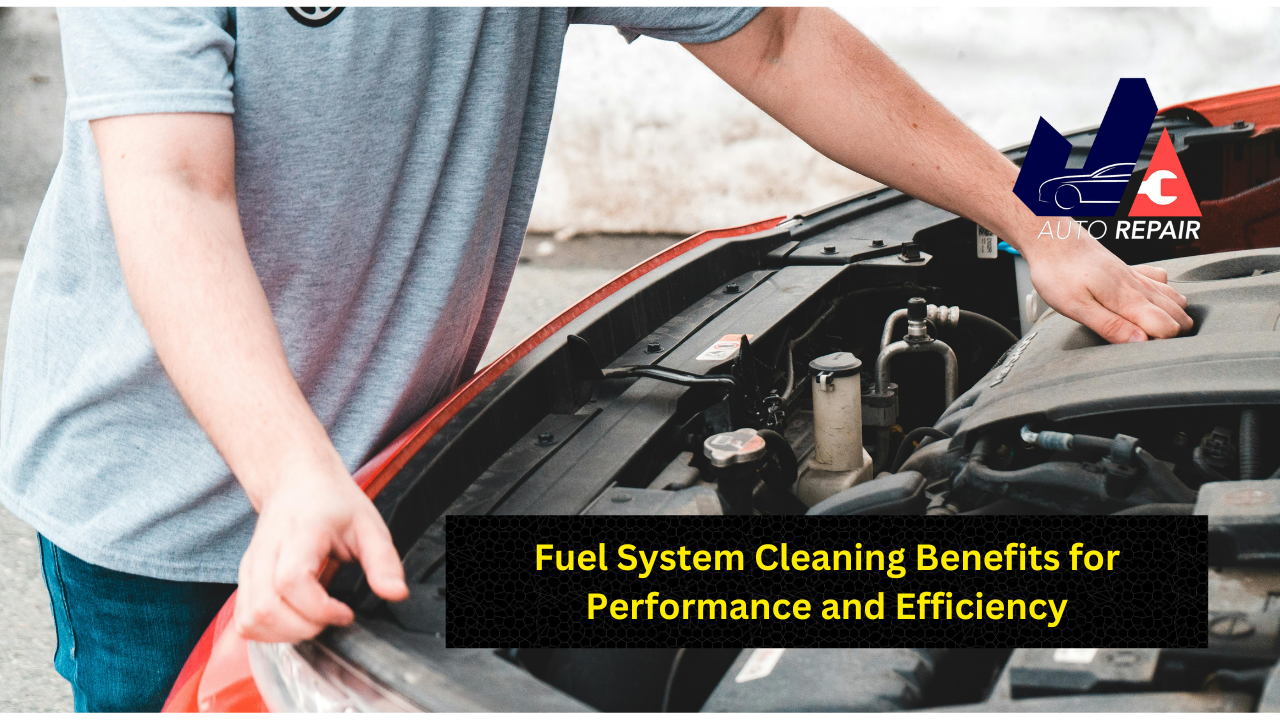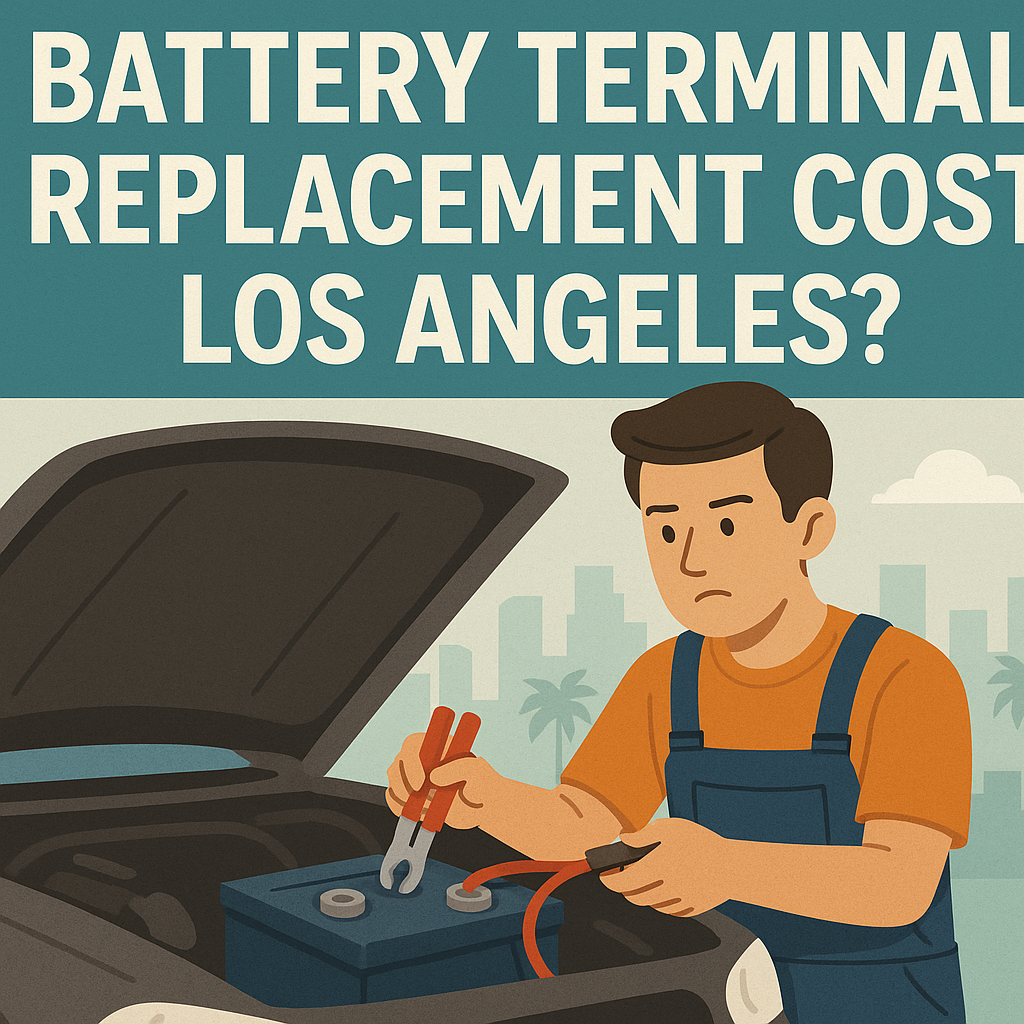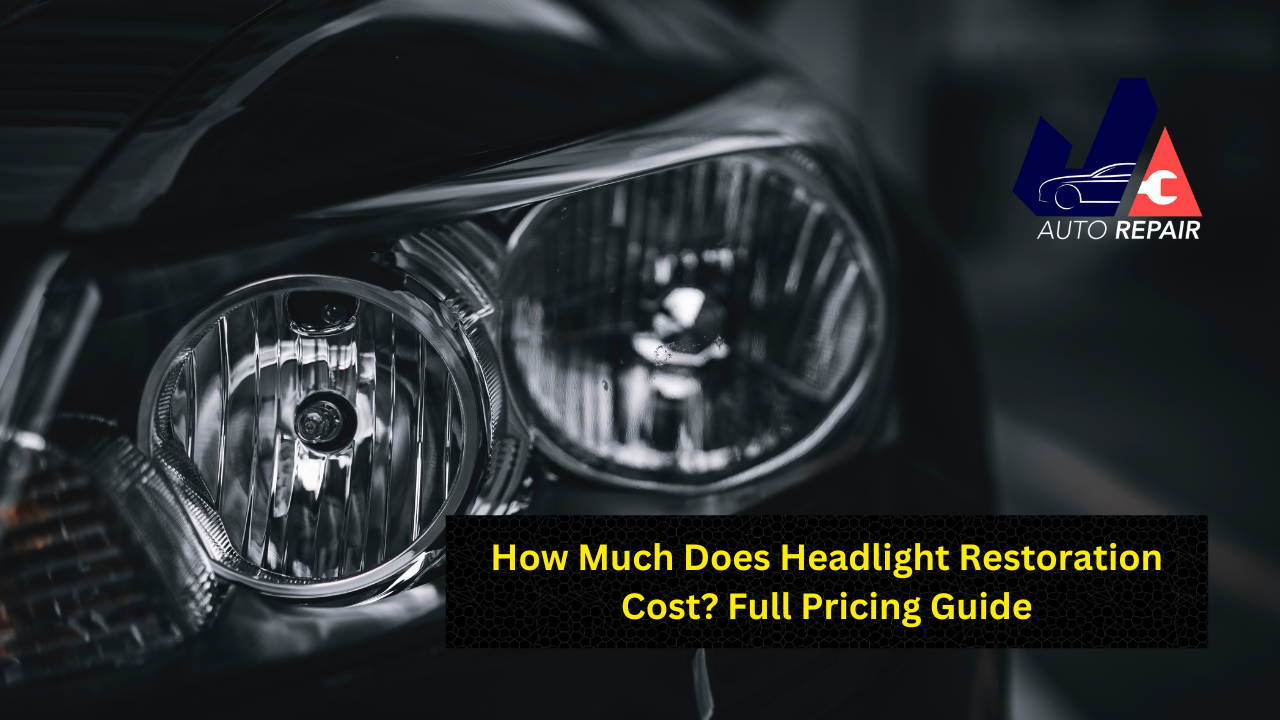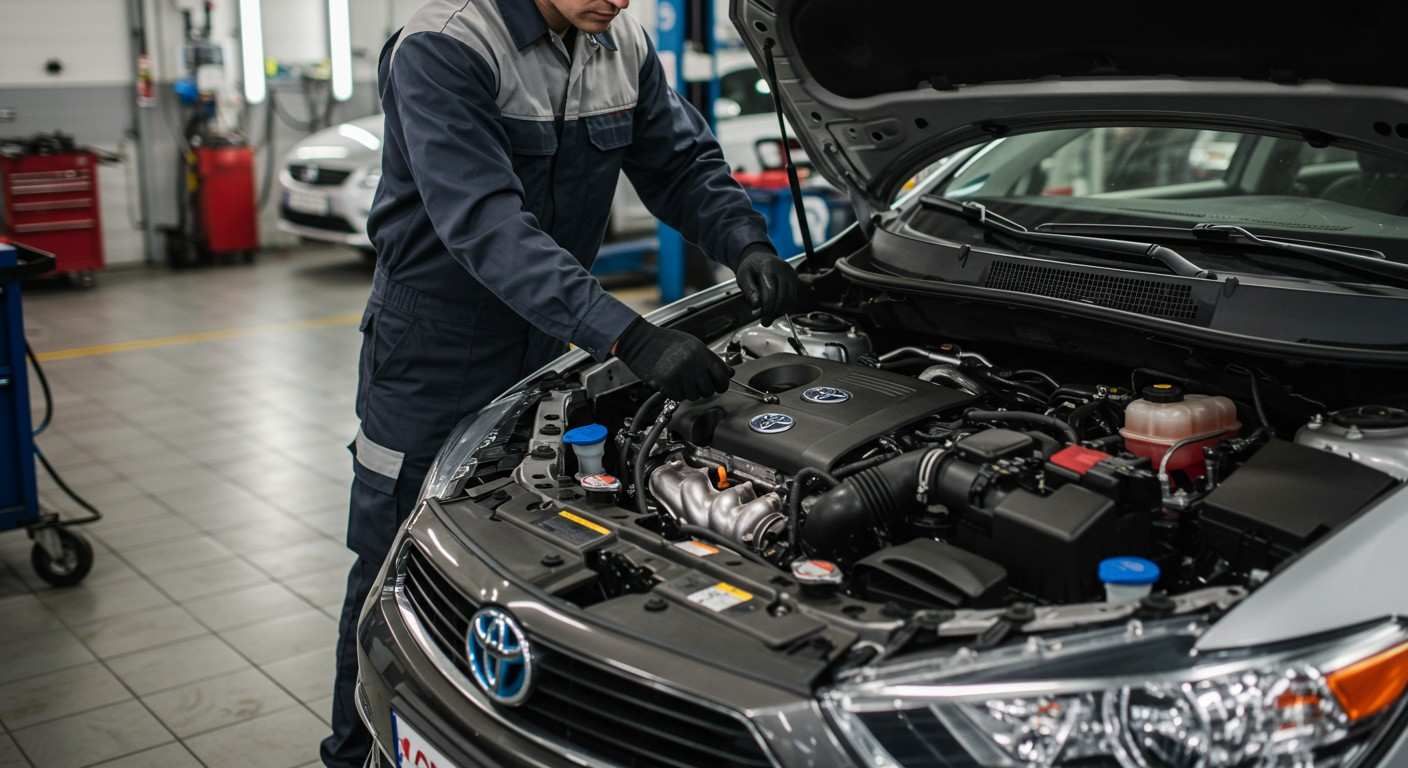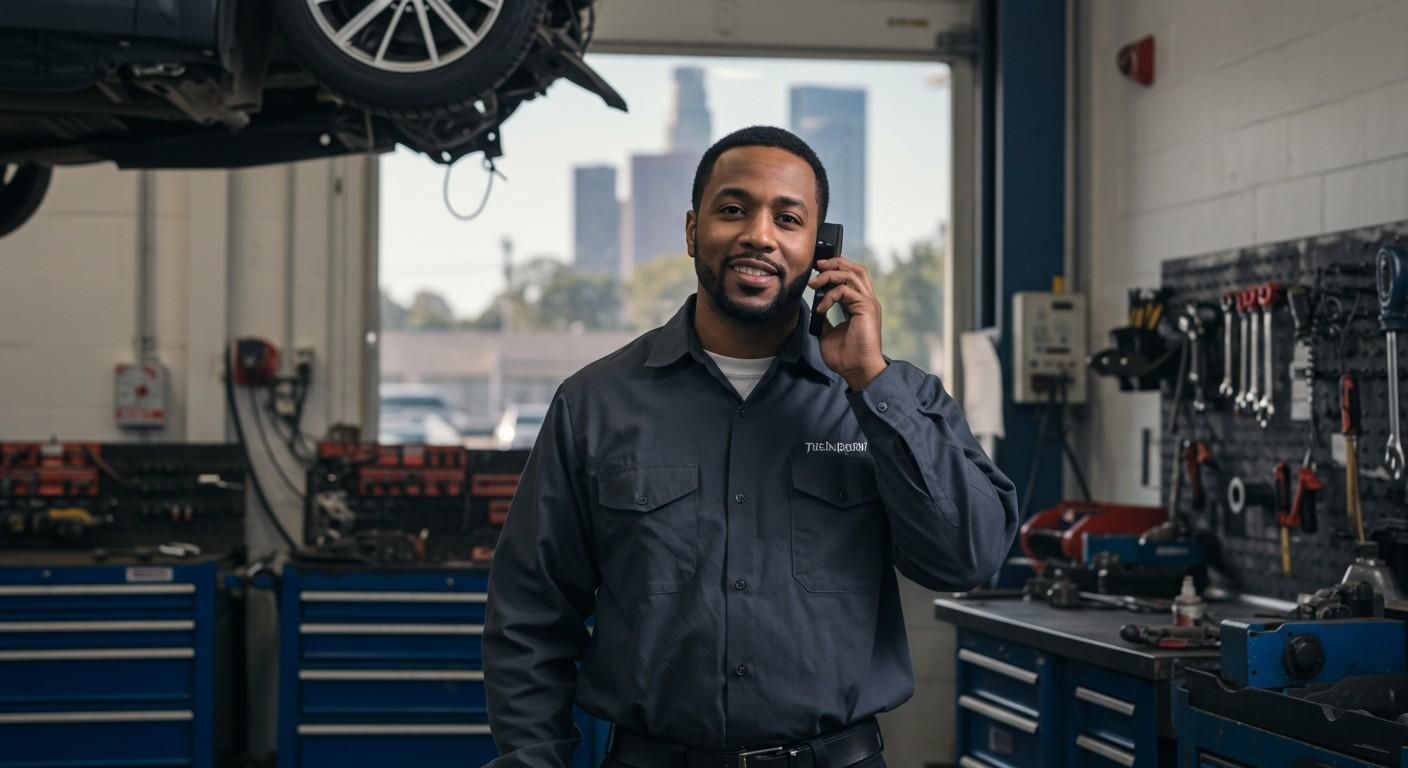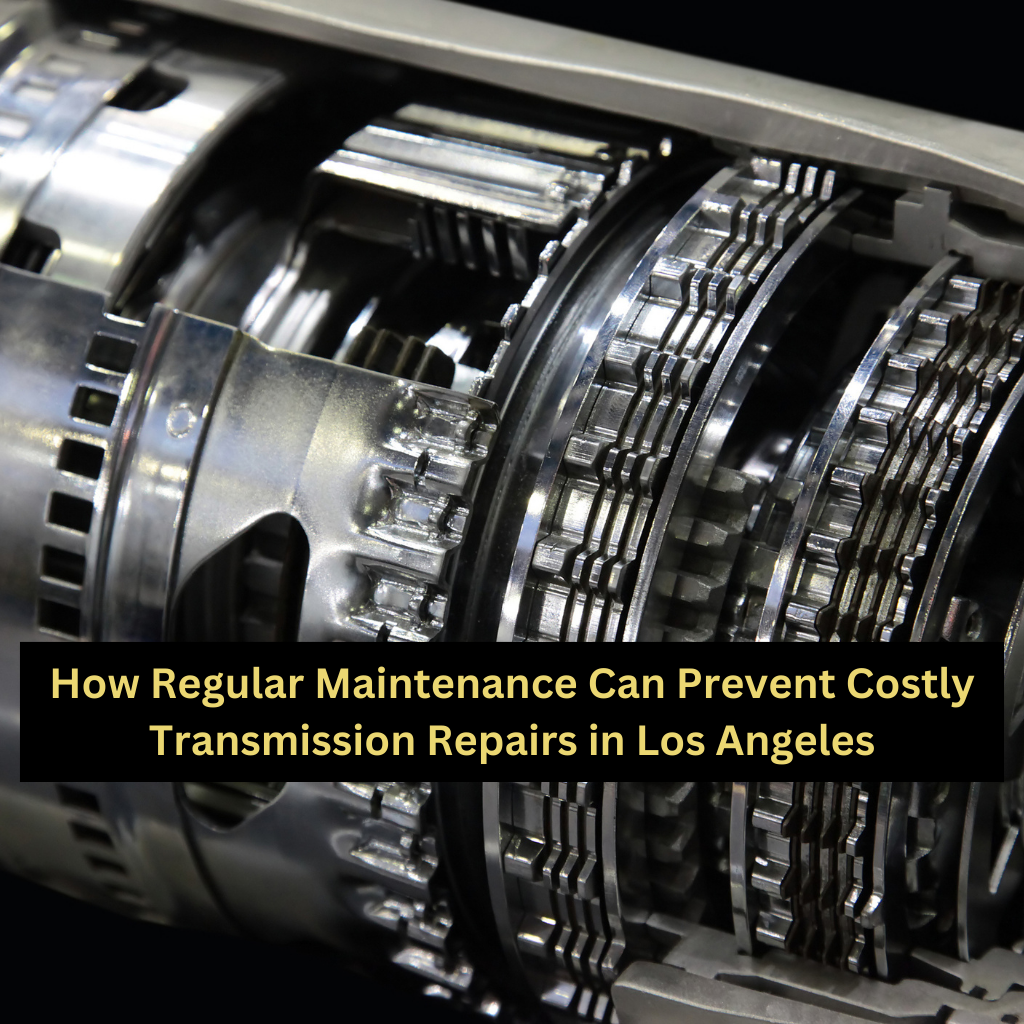How Long Can A Mechanic Keep Your Car?
When it comes to knowing how long a mechanic can keep your car, navigating the waters of auto repairs can often feel like an uncertain journey. This uncertainty can cause significant stress, as your vehicle is not only a substantial financial investment but also a crucial part of your daily life. The question at the heart of many car owners' concerns is just how long is too long when it comes to repair times, and what rights do you have in this often murky situation?
When it comes to how long a mechanic can keep your car, there isn't a one-size-fits-all answer. However, mechanics are expected to conduct repairs on time, relevant to the specific repair job. Importantly, your approval is needed for any additional repairs that may extend the original timeline.
How Long Can A Mechanic Keep Your Car - A Quick Answer
In the world of car maintenance and repair, timing can be as crucial as the service itself. While there's no strict limit on how long a mechanic can keep your car, the expectation is for repairs to be completed within a reasonable period, tailored to the complexity of the job. This process should be transparent, with the mechanic maintaining open lines of communication. As the vehicle owner, your consent is paramount, especially for any additional work that might extend the stay of your car in the shop. This dynamic underscores the importance of a trusting relationship between you and your mechanic, ensuring that your vehicle receives the attention it needs without unnecessary delay.
JC's auto repair shop in Los Angeles understands the importance of the car in your day-to-day life and therefore offers quick repair and maintenance work on cars. We offer quality services in all types of auto repair services including but not limited to car AC repair, brake repair, and transmission repair services.
Factors Affecting the Time a Mechanic Can Keep Your Car
When you leave your car at a mechanic's shop, several variables come into play, determining how long the repair job will take.
Understanding these factors not only sets realistic expectations but also fosters a sense of trust between you and the repair service. Let’s explore these aspects to give you a clearer picture.
Complexity of the Repairs
The nature and complexity of the repairs required can significantly influence the turnaround time. Simple fixes might be sorted out within a day, but more intricate issues demand a longer period to diagnose and rectify. This variance is due to the meticulous attention to detail needed for complex repairs, ensuring that once your car leaves the shop, it’s in optimal condition. Mechanics strive to provide an accurate timeline, but the unexpected complexity of certain repairs can extend this duration.
Availability of Auto Parts
The delay in repairs isn’t always due to the labor involved. Sometimes, it’s about the availability of specific auto parts necessary for your car. Specialty or rare components might need to be ordered from different parts of the country or even internationally, which can significantly add to the wait time. Mechanics understand the inconvenience this causes and usually work diligently to source these parts as quickly as possible.
Current Workload of the Repair Shop
The number of vehicles already queued for repairs can affect how soon yours is attended to. A higher workload might mean a longer wait before a mechanic can start on your car. This factor is a testament to the shop’s reputation; a busy shop often means a trusted shop. However, reputable mechanics are mindful of their workload and will communicate expected delays, striving to minimize your inconvenience.
Communication and Approval Delays
The efficiency of communication between you and the repair shop plays a crucial role in the repair timeline. Delays in approving repair work or in communicating additional issues that arise can extend the time your car stays in the shop. Responsive communication from both parties ensures that repairs proceed without unnecessary delays, highlighting the importance of choosing a repair shop that values and practices clear, prompt communication.
Weather and External Factors
External factors, such as severe weather conditions, can also impact repair times. This is particularly true if your vehicle requires outdoor work or if the weather affects the delivery of parts. Mechanics are at the mercy of these conditions and often have contingency plans to mitigate their impact, but some delays can be unavoidable.
4 Principles That Mechanics Should Follow
To ensure transparency and fairness in the repair process, there are key principles that mechanics and repair shops are expected to adhere to. These guidelines help build trust and ensure that your vehicle receives the care it deserves.
Continuous Communication is Key
Continuous, clear communication is essential throughout the repair process. This principle ensures that you’re always in the loop regarding your car’s status, fostering a transparent relationship between you and the mechanic. It allows for immediate feedback and decision-making, which can expedite the repair process.
Consent Before Action
Consent is a cornerstone of the repair process. Repair shops are required to undertake only those repairs that have received your explicit approval. This principle ensures that you are in control of what work is done on your vehicle and helps prevent disputes. It’s a practice that builds trust and ensures customer satisfaction.
Documentation of Repairs and Parts
A comprehensive record of all repairs and parts used during the process must be maintained. This documentation is not just for accountability; it’s crucial for future reference, should any questions or issues arise post-repair. This practice demonstrates the repair shop’s commitment to transparency and quality service.
Transparency in Costing
Providing a written estimate before commencing work and a detailed invoice upon completion is essential for financial transparency. This practice helps avoid surprises and ensures that you understand the costs involved. Mechanics committed to transparency will ensure you have all the information needed to make informed decisions about your car’s repairs.
What Happens if My Mechanic Keeps Car Past 30 Days?
When a mechanic retains possession of your car for an extended period, particularly beyond 30 days, it understandably raises concerns and questions about your rights and the next steps you should consider. This situation is not just inconvenient; it can disrupt your daily life and plans. Below, we delve into what this scenario entails, the potential reasons behind such lengthy repairs, and the actions you can take to address this issue.
Understanding the Implications
Firstly, it's crucial to understand why a repair might extend beyond the expected timeframe. Several reasons can contribute to this, including delays in parts delivery, discovery of additional issues during the repair process, or a backlog of work at the repair shop. While these reasons are often valid, they require clear communication from the mechanic to you, the car owner.
Your Rights as a Consumer
As a consumer, you have rights that protect you in such situations. These rights can vary by jurisdiction but generally include the right to:
- Transparent Communication: You should expect regular updates on the status of your repair, including any delays or additional issues discovered.
- Consent for Additional Repairs: If new problems are identified during the repair process, the mechanic must obtain your consent before proceeding with additional work.
- Detailed Invoices: You are entitled to a detailed invoice listing all the work done, the parts replaced, and the costs involved.
Steps to Take if Your Car is With a Mechanic for Over 30 Days
- Communicate with the Repair Shop: The first step should always be to reach out to the mechanic or repair shop manager. Discuss the delay and ask for a clear timeline for when the work will be completed. This can often resolve the issue without further action needed.
- Review Your Repair Agreement: Look over any documentation or agreement you signed when you dropped off your car. It might contain information on expected repair times and your rights if those times are exceeded.
- Check Local Consumer Protection Laws: Familiarize yourself with local consumer protection laws. Some jurisdictions have specific regulations that outline how long a repair shop can hold your vehicle without completion.
- Request a Loaner Vehicle: If the repair is taking significantly longer than expected, ask the repair shop if they can provide a loaner vehicle to mitigate the inconvenience.
- Consider Legal Advice: If the situation doesn't improve and you're facing significant inconvenience or potential financial loss, seeking legal advice might be a prudent step. A professional can offer guidance based on your specific situation and local laws.
- Report to Consumer Protection Agencies: If you believe the repair shop is acting unreasonably, you can report the issue to your local consumer protection agency. They can offer assistance and, in some cases, mediate the dispute.
- Social Media and Review Sites: Sharing your experience on social media or review sites can sometimes prompt a business to address your concerns more promptly. However, it's important to remain factual and respectful in any public posts.
Conclusion
To confidently handle the repair process, you must know how long a mechanic can keep your car.
The key takeaway is the importance of communication and consent throughout the repair journey.
By staying informed and actively involved in decisions about your car, you can help ensure that repairs are done efficiently and effectively.
Remember, while mechanics aim to complete work on time, your role in approving any additional repairs is critical in determining the overall timeline.
Armed with this knowledge, you can approach car repairs more confidently, ensuring your vehicle is back on the road as soon as possible, without compromising on the quality of the repair work.
